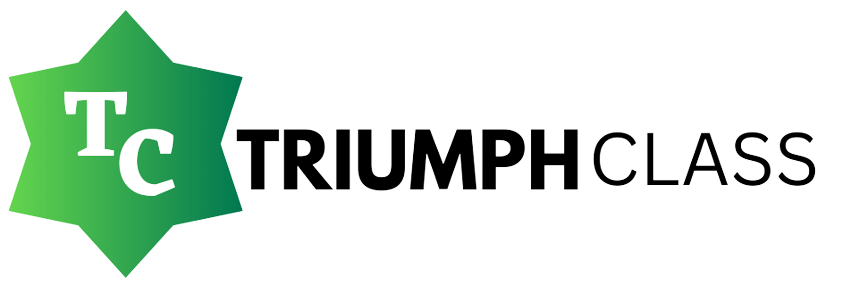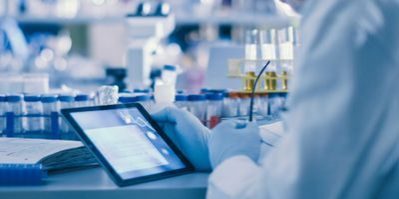ASCPi-LABORATORY OPERATIONS
- Description
- Curriculum
- Reviews
-
7LABORATORY SAFETY, STAFF AND PATIENT
-
8RECORDED LECTURE - LAB SAFETY
Many accidents in the Lab do not just happen; they are caused by carelessness, lack of attention to detail, or lack of proper communication. Most laboratory accidents are preventable by exercising good technique, staying alert, and using common sense.
-
9HD TUTORIAL - QUALITY ASSURANCE
-
10QUALITY ASSESSMENT AND QUALITY CONTROL
-
11RECORDED LECTURE-QA/QC PART II
Quality can be defined as the worth of services. Six Sigma and Lean define the components critical to quality as the key measurable characteristics of a product or process whose performance requirements or specification limits must be met to satisfy the customer. Quality and safety are of the utmost importance in a clinical laboratory.
-
12LABORATORY MATHEMATICS AND SOLUTION PREPARATION
-
13RECORDED LECTURE - LAB MATHS
Today’s clinical laboratory requires a minimal amount of solution preparation and mathematical calculations. Most reagents are prepackaged for immediate use, however, in special circumstances, laboratory staff are required to calculate and prepare solutions for analytical assays or calculate results.








